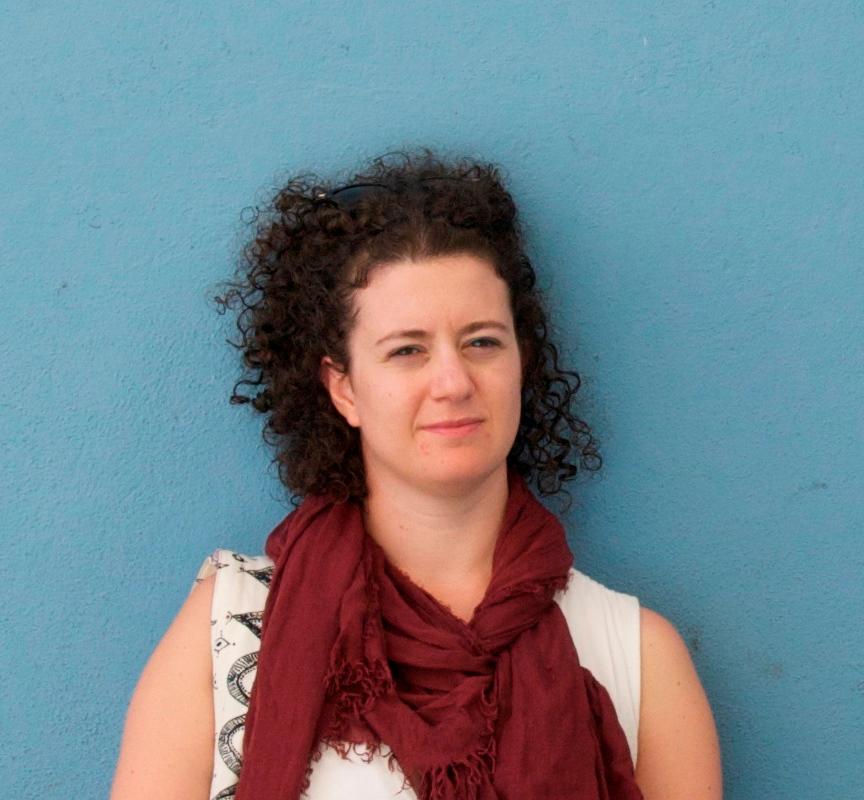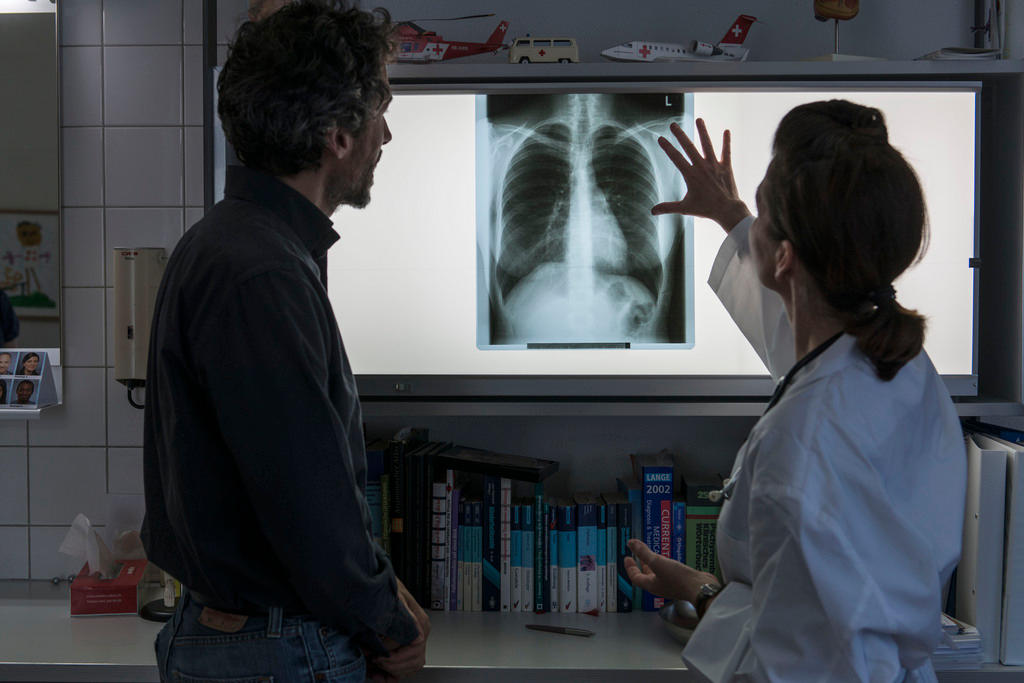Swiss fight drug-resistant bacteria on many fronts
Switzerland reports lower levels of antibiotic resistance compared with other European countries. The country’s advanced research and monitoring efforts are making an impact.
Since their discovery by Alexander Fleming in 1928, antibiotics have saved millions of lives – but today, infections don’t always respond to treatments.

Bacterial resistance to antibiotics is a natural response to their use and misuse. Swiss researchers are fighting antibiotic resistance by monitoring its spread, and by studying its mechanisms.
Research to the rescue
Swiss research groups are studying how antibiotic resistance develops, and how it is transmitted among bacteria. They are also devising resistance-free alternatives to antibiotics.
In 2015, the Swiss National Science Foundation (SNSF) launched a CHF20 million ($20.5 million) initiative to support five years of research projects aimed not only at identifying reservoirs of resistance and studying transmission mechanisms, but also at developing novel, rapid diagnostic tools and therapeutic approaches.
The SNSF is already supporting researchers studying the chemical synthesis of novel antibiotics inspired by natural molecules; the best ways to dose antibiotics to minimise the risk of resistance; and on the use of new techniques, such as mass spectrometry, to rapidly detect antibiotic resistance in a clinical sample.
Antibiotic resistance in Switzerland
Lower levels of resistance have been recorded in Switzerland compared with many southern, central and eastern European countries. A study published last year by Anresis, the Swiss centre for antibiotic resistance, reported an overall decrease in the occurrence of methicillin-resistant bacteria in the last ten years in Switzerland, especially in Ticino and the western regions of the country. Methicillin is an antibiotic that was commonly used in the past to treat infections, but that is often ineffective today due to antibiotic resistance.
In response to increasing resistance, last November the Swiss cabinet approved a National Strategy against Antibiotic Resistance (StAR) to address the problem by improving surveillance, promoting prevention of antibiotic misuse, supporting research and development, and increasing awareness.
Improving diagnostics
The perfect scenario for the future is one in which a doctor can immediately identify the optimal antibiotic to use on a patient, without having to try multiple drugs as the bacteria develop resistance to each treatment.
A few antibiotics classified as ‘last resort’ are, however, spared from routine use. These are administered only in the case of hard-to-treat infections caused by bacteria that are resistant to more than one drug. This way, the chances of developing resistance to these drugs are minimised.
The University of Fribourg has been developing a diagnostic tool that promises to be rapid and cost-effective – two crucial prerequisites for effective medical treatment. The diagnostic tool indicates resistance to last-resort antibiotics visually with a change of colour in less than two hours.
What can we do?
While researchers are furthering our understanding of how antibiotic resistance develops and spreads, we can all take small precautions to fight it.
At an individual level, avoiding the use of use antibiotics for self-medication of viral infections – such as the flu, most coughs, and sinusitis – is essential.
Moreover, when using antibiotics to fight a bacterial infection, taking the medication for the entire prescribed duration of the treatment is another important action we can take to halt the spread of resistance.
At a societal level, limiting the excessive and inappropriate use of antibiotics in other fields, such as animal farming, is also necessary.
By joining forces, those in academic research, the medical profession, and members of the public can control the spread of antibiotic resistance, and help to establish alternative treatments.
What is antibiotic resistance?
Antibiotics kill bacteria by interfering with their vital metabolism, but bacteria can evolve and develop new functions that neutralise the activity of the antibiotic. The misuse of antibiotics in humans and animals promotes the development of resistant bacteria.
The number of infections that do not respond to antibiotic treatment has been increasing in recent decades. Resistance can be detected just few years after a new antibiotic enters hospitals and clinics.
The risks and costs associated with the spread of resistance are high. Resistance leads to longer hospitalisation periods, increased health care costs, and delayed recovery times. It also leads to higher mortality; in Europe alone, antibiotic resistance is responsible for 25,000 deaths per year.
The need for innovative antimicrobial drugs is great. Only two new classes of antibiotics have been commercialised in the last 50 years.
Fighting resistance requires limiting the use of antibiotics, respecting prescribed dosages, and regulating the use of antibiotics in animal medicine.
We want to hear from you: is antibiotic resistance a problem in your area? Tell us in the comments section below.
swissinfo.ch publishes op-ed articles by contributors writing on a wide range of topics – Swiss issues or those that impact Switzerland. The selection of articles presents a diversity of opinions designed to enrich the debate on the issues discussed.
The views expressed in this article are solely those of the author, and do not necessarily reflect the views of swissinfo.ch.

In compliance with the JTI standards
More: SWI swissinfo.ch certified by the Journalism Trust Initiative




You can find an overview of ongoing debates with our journalists here. Please join us!
If you want to start a conversation about a topic raised in this article or want to report factual errors, email us at english@swissinfo.ch.